
The International Chamber of Shipping has again insisted the industry cannot be expected to pay the bill for research leading to zero CO2 fuels that will be required to fulfill IMO pledges CO2 reduction by 2050.
With respect to the IMO goals set for 2050 – a 70% efficiency improvement as an average across the fleet, and a total CO2 cut by the sector of at least 50% by 2050 – can only be achieved with the development and global roll out of genuine zero CO2 fuels.
Speaking at the annual Summit of Transport Ministers hosted by the OECD International Transport Forum in Leipzig, ICS Deputy Secretary General, Simon Bennett said:
“The development of these new [zero CO2] technologies will require co-operation between all relevant stakeholders particularly shipbuilders, engine manufacturers and classification societies, which are the repositories of the industry’s technical knowledge. But when it comes to pure research into new propulsion systems this has to be facilitated by governments within a framework that needs to be developed by the UN IMO.”
“To kick start new technologies we also may need to make some compromises. For example, in order to develop hydrogen propulsion systems, and gain experience of the serious technical challenges, we may need to initially permit use of hydrogen that is still derived from fossil feedstock rather than renewables, a technology which is not quite there yet, though probably not insurmountable in the longer term.”
With regard to short term measures, Mr Bennett said the industry recognises that there is a political need among many governments for new IMO regulations that will start achieving further CO2 reductions from the sector before 2023, so that the industry stays on track to improve efficiency, as an average across the sector, by at least 40% by 2030, as also agreed by IMO.
The next round of IMO discussions will take place in October 2018 in order to consider a list of possible candidate measures for CO2 reduction, and the industry is planning to make some detailed submissions to that meeting.
“We are particularly focused on further improvements to the Energy Efficiency Design Index (EEDI) for new ships which already requires a 30% efficiency improvement for ships built in 2025 compared to 2013, perhaps moving forward the implementation dates that currently apply for certain ship types such as containerships,” explained Mr Bennett.
“ICS is open to how shipowners can best optimize speed management and also use efficiency indicators to improve ship performance, possibly through strengthening the existing mandatory requirement for ships to use a Ship Efficiency Management Plan, perhaps linking this to some kind of mandatory external audit. However, we are very nervous about measures which will be far too complicated to administer and which may cause serious distortion to shipping markets, such as publishing supposed operational efficiency indicators for individual ships that have no relation to actual CO2 emissions in real life.”
Mr Bennett added “At the moment we believe the IMO strategy can best be delivered with technical measures alone. We don’t think we need the smoke and mirrors of market based measures or the purchase of carbon offsets to compensate for emissions which the sector is quite capable of reducing itself in line with the targets now agreed by IMO.”
Sources:hongkongmaritimehub
Please Contact Us at:
admin@xindemarine.com


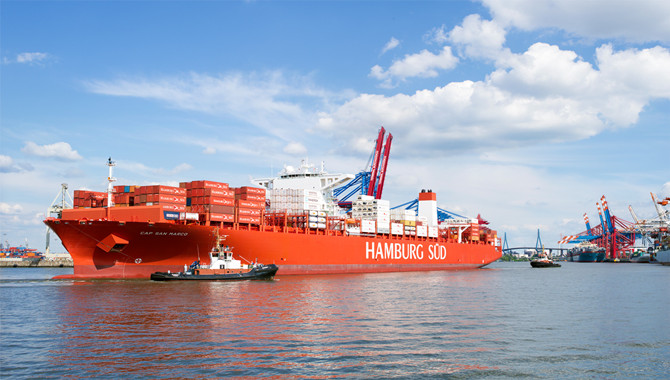 Maersk to integrate Hamburg Süd and Sealand
Maersk to integrate Hamburg Süd and Sealand 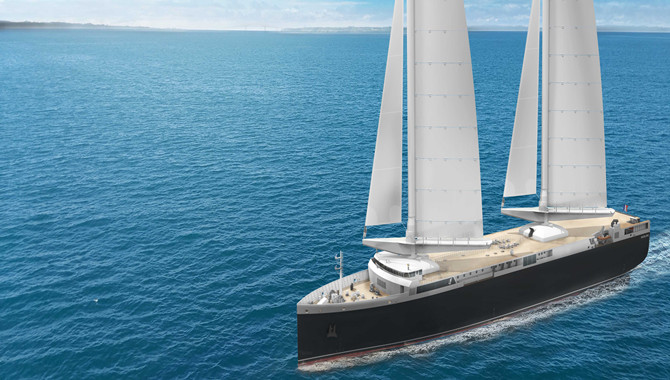 Launch of the construction of the first Ro-Ro saili
Launch of the construction of the first Ro-Ro saili 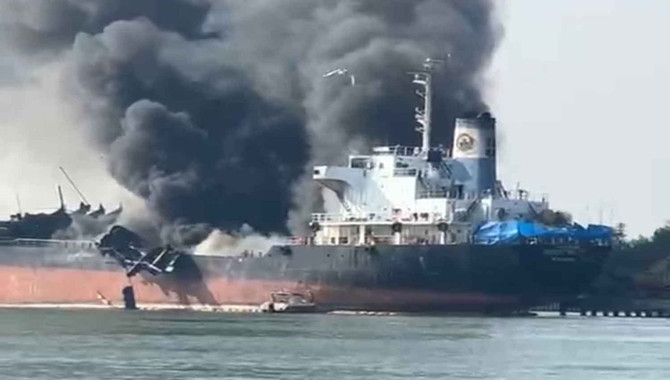 Oil tanker explosion kills at least 3 in central Th
Oil tanker explosion kills at least 3 in central Th 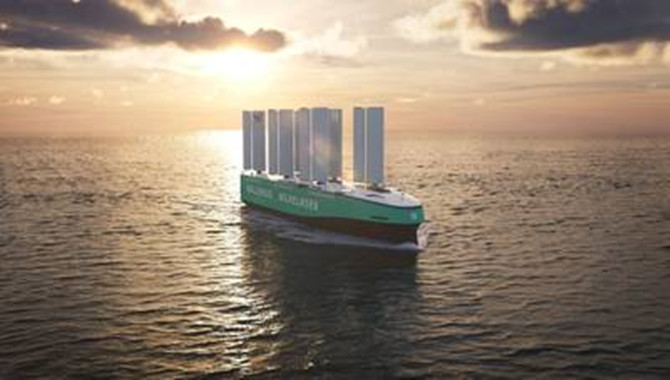 Wind-powered RoRo Vessel Secures €9 Million in EU
Wind-powered RoRo Vessel Secures €9 Million in EU 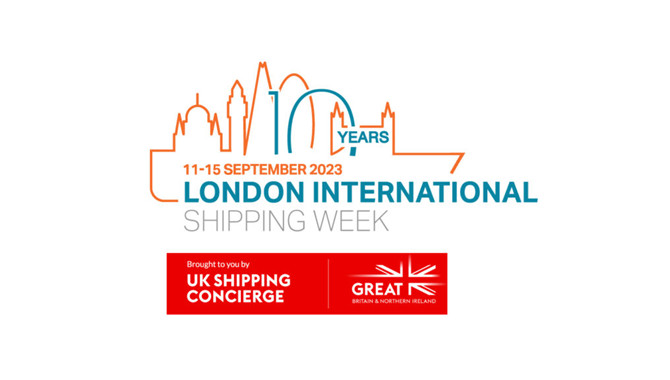 London plays a pivotal role as shipping seeks to re
London plays a pivotal role as shipping seeks to re 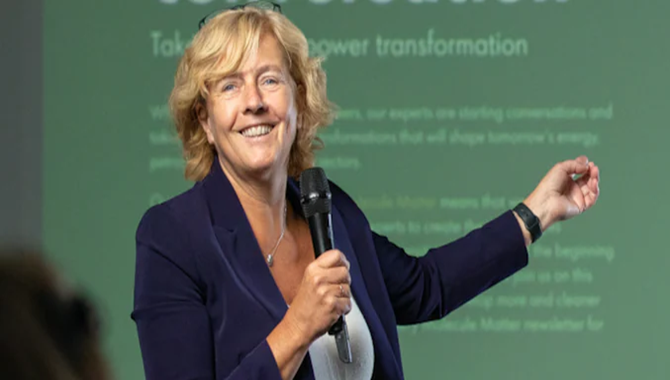 Shell unveils five energy sector trends to watch in
Shell unveils five energy sector trends to watch in